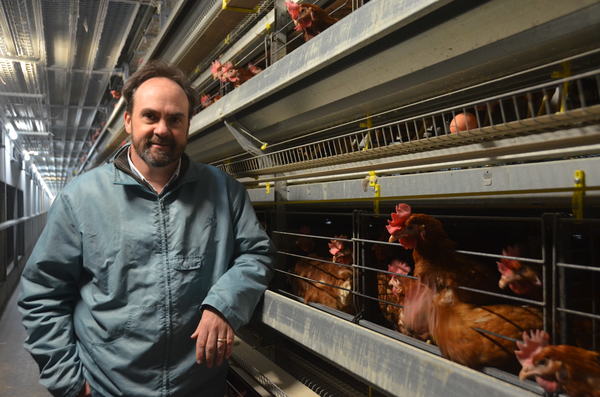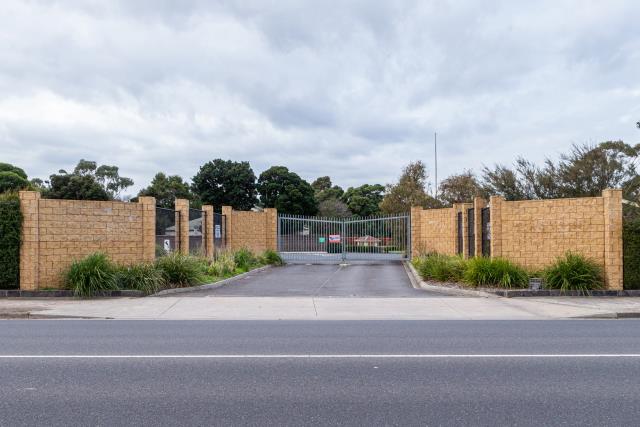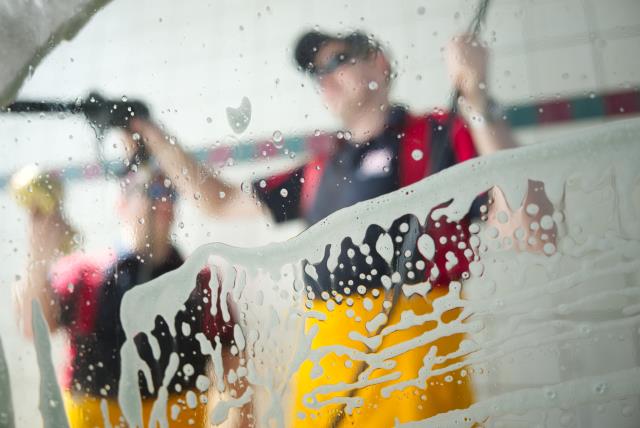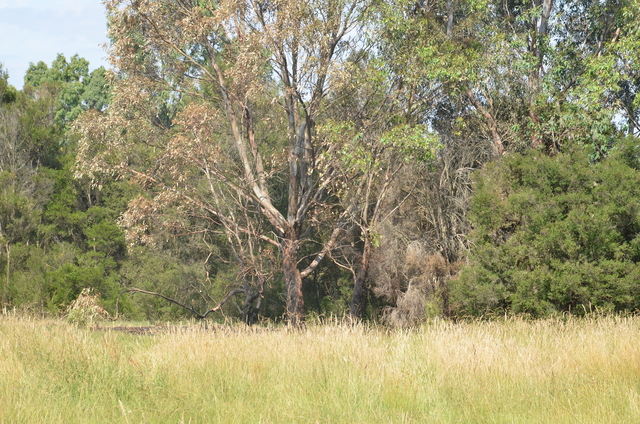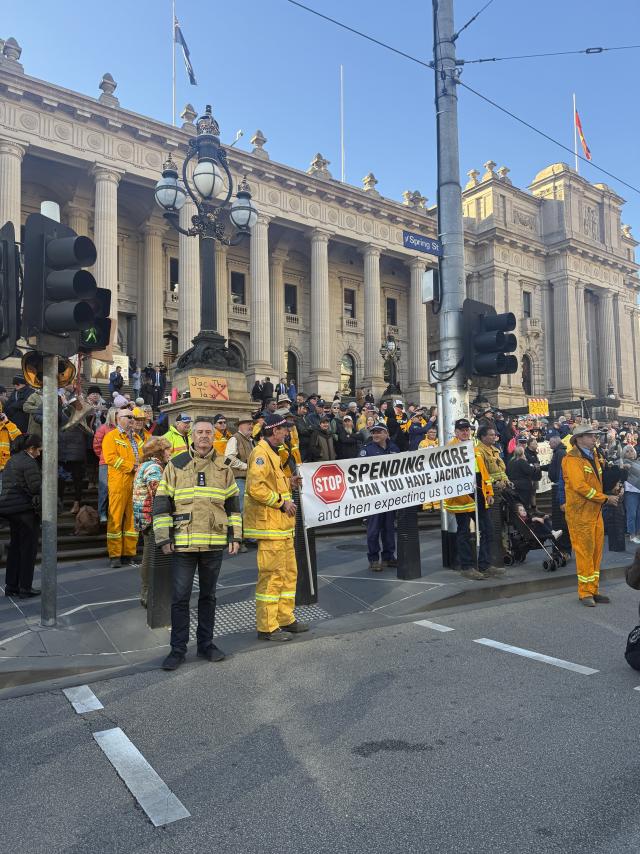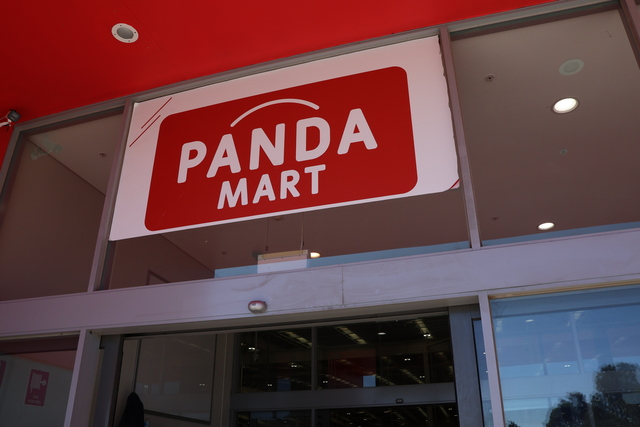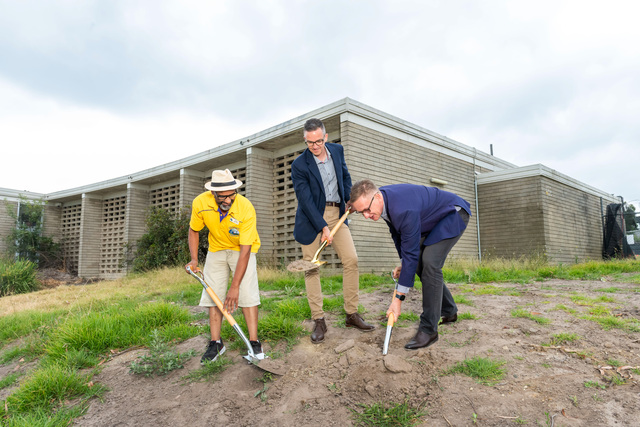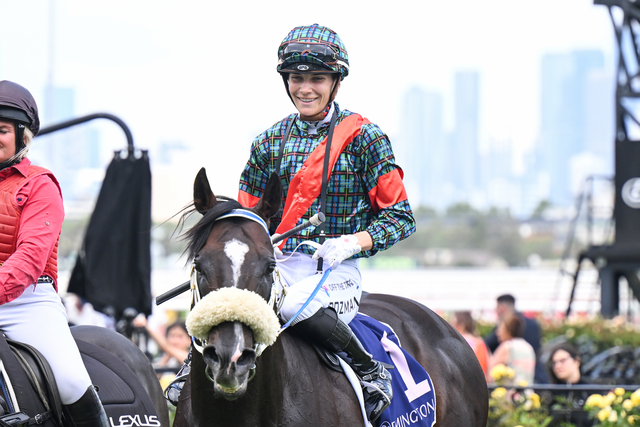A Bangholme egg farmer concedes cage-eggs are becoming a hard sell, with a number of big food retailers going cage-free.
Andrew Postregna, who owns Tamarix Egg Farm, however remains defiant about the benefits of keeping his 70,000 caged hens.Mr Postregna argues cage eggs are cheaper. At his farm, the stress-free hens are penned in a healthy and hygienic environment, he says.
They’re kept at up to nine birds per square metre.
“I think there’s a place for all systems. People need to have a choice.
“Not all people can afford those expensive free-range eggs.”
On 19 September, RSPCA Australia announced a list of big supermarkets and food brands who have signed onto its Cage Free And Proud campaign.
Big food chains such as McDonald’s, Subway, Grill’d and Nandos are on board.
Supermarkets Aldi, Woolworths and Coles have agreed to phase out eggs in coming years.
RSPCA Australia humane food manager Hope Bertrand said the move was the “next frontier”, pushed by a change in consumer behaviour.
Cage-free eggs lead the market-share in supermarkets. Now, cafes, restaurants and food manufacturers such as Arnott’s were following the same lead, she said.
“There are still more than 10 million hens whose entire lives are spent in a barren wire cage, with space around the size of an iPad.
“Australians expect animals to be given basic care: to be able to move, to stretch, to socialise, to behave naturally – essentially, to have a life worth living.”
Ms Bertram said the future of egg production was “definitely cage-free”.
“The commitment from these major brands shows there is no excuse for the continued use of battery cages.”
But Mr Postregna says big companies were being influenced by “animal activists”.
“They tarnish their brand if they don’t do as (the activists) say.
“The animal activists have hijacked social media. You don’t get the understanding of what the caged system is.”
The industry was forced to upgrade its equipment with law changes a decade ago, he says.
His chickens are housed in a shed, under constant temperature, are checked up to three times a day, get fed and watered and their manure is removed by conveyor belt.
Born into the egg industry, Mr Postregna says he’d long noticed that caged hens were healthier.
“There’s a pecking order in a cage. You get six to seven chickens together – they know each other and the stress in these birds is very minimal.”
Chickens in barns or free-range are exposed to more external problems, such as mites, lice, worms, viruses and bacteria as well as pecking their own faeces, he says.
“There’s a lot more problems with alternative systems than what people realise.
“Personally, I’d prefer a caged egg.”
Facing a changed market, Mr Postregna is considering the addition of a free-range egg farm.
At his Bangholme shed, 30 per cent of his chickens are cage-free. The caged industry, though still sizeable, is shrinking, he says.
“You get disheartened telling people all the time.
“People are very passionate about it – you try to explain it and they don’t want to listen.”



